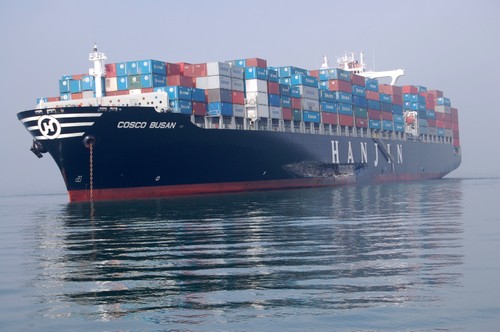The National Transportation Safety Board (NTSB) has issued recommendations to the US Coast Guard suggesting that the maritime agency increase their alcohol and drug testing standards following offshore accidents. The NTSB recommend that the Coast Guard should have the same testing procedures for alcohol and drugs following an accident as merchant mariners.

Current regulations require marine merchants and crew members to be tested for alcohol, drugs and other substances within a specific time period following an accident. However, if Coast Guard officials or military personnel are involved in a marine accident, they are subject to less stringent testing standards.
Commercial marine merchants have to provide a breath sample for alcohol within two hours following a marine accident, while staff members of the Coast Guard have no official requirement or specified time limit on when they need to be tested. In fact, civilian personnel are not required to submit a breath sample for alcohol testing at all. Drug testing follows a similar pattern, in which merchant mariners must provide blood for a drug test within 32 hours of an accident, while Coast Guard regulations do not specify a time frame for testing for their own personnel. In addition, while the blood alcohol concentration must be less than .04% for operators of merchant vessels, there has been no maximum allowable blood alcohol level set for Coast Guard personnel.
The NTSB in its recommendation letter to the Coast Guard cited a number of accidents involving Coast Guard vessels in the last five years in which the Coast Guard did not adequately test their personnel for alcohol or drugs. Although there was no reason to believe that the operators of the vessels involved in these accidents were under the influence of alcohol or drugs, the Safety Board believes that regardless of the circumstances, all vessel operators and crew members should be tested for drugs and alcohol following an accident. It is well recorded that there is a far higher risk of accidents caused by driver error and negligence when alcohol or drugs are involved.
The accidents cited by the NTSB in their recommendation include the July 2008 collision between the US Coast Guard Cutter Morro Bay and a M/V Block Island Passenger Ferry, the December 2009 collisions between two US Coast Guard vessels and recreational vessels, and an incident in which a containership, the MSC Nederland, collided with the Coast Guard’s Elka Apollon tank ship.

